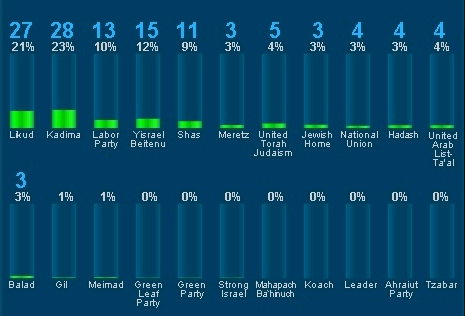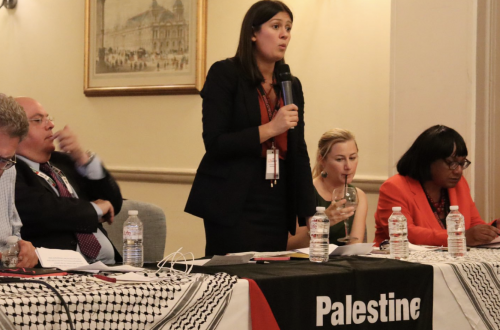This is a Cross Post of a Piece by Haras Rafiq on Conservative Home
It can be found here
It has been just over a year since Lee Rigby was brutally murdered by Islamist terrorists near the Royal Artillery Barracks in Woolwich. Thankfully, justice has been done and his two murderers have been sentenced to life imprisonment. Of course, that will not bring Lee Rigby back – my heart goes out to his family and friends.
When the murder occurred, the Prime Minister was quick to announce a task-force to look again at ways to tackle extremism and radicalisation. Wearily, I awaited the outcome and the recommendations.
The final report stated that challenging and tackling extremism is a shared effort, and included a definition of Islamist extremism as a distinct ideology which should not be confused with traditional religious practice.
Its proposals included:
• Considering new civil powers, similar to the new anti-social behaviour powers, to target the approaches extremists use to radicalise others.
• Considering new types of order to ban groups which seek to undermine democracy or use hate speech, if such a ban is necessary to protect the public or prevent crime and disorder.
• Consulting on new legislation to strengthen the powers of the Charity Commission.
• Working with internet providers to restrict access to terrorist material online which is hosted overseas but illegal under UK law and help them with their continuing efforts to identify what material to include in family-friendly filters.
• Improving the process for the public to report extremist content online.
• Making delivery of the Channel programme, which supports individuals at risk of being radicalised, a legal requirement in England and Wales.
• Ensuring prisoners who have demonstrated extremist views in prison receive intervention and support on release.
I welcomed it at the time, but now find myself asking what is new here? And what will work?
One of the above recommendations was comprehensively demolished by a new report, “Jihad Trending”, by the counter-extremism think tank Quilliam.
The report demystifies the topic of extremist content online and exposes the manner in which online tools are being used by Islamist extremist organisations and individuals to recruit and propagandise. Current measures to tackle online extremism are also assessed, after which the report details a practical strategy to counter radicalisation online and make the internet a less hospitable domain for extremists.
Quilliam analysed 30 Islamist groups in the UK and France that used social media such as YouTube, Facebook and Twitter to recruit people to their jihadi world view, as well as searching for online counter-narratives. (I use the term searching sarcastically as my own experience shows that there is not a great deal available).
The research found that the internet is an easy platform to share information on extremism and combative jihad but is not responsible in isolation for radicalisation. As a rule, offline socialisation is the real driving force behind Islamist radicalisation. It deduces that internet censorship, which has been recommended by the Government taskforce as a means of filtering out extremism, is not only ineffective but counter-productive.
The report also notes that there needs to be more focus on developing a proper strategy with counter-narratives; an area that is seriously lacking at the moment and suggests the establishment of a central body offering funding and training for grassroots online counter-extremism initiatives. For those who do not have the time to read the full document, an executive summary can be found here.
I recommend that all who are interested in this field should read it – the US State Department certainly is doing so
The recommendations of the report seem to be more operational than philosophical, but that is not a bad thing in itself. As the report says, censorship seems to be the only tool in the government’s box, which is poor use of statecraft. What is needed is a way of harnessing grassroots ideas.


